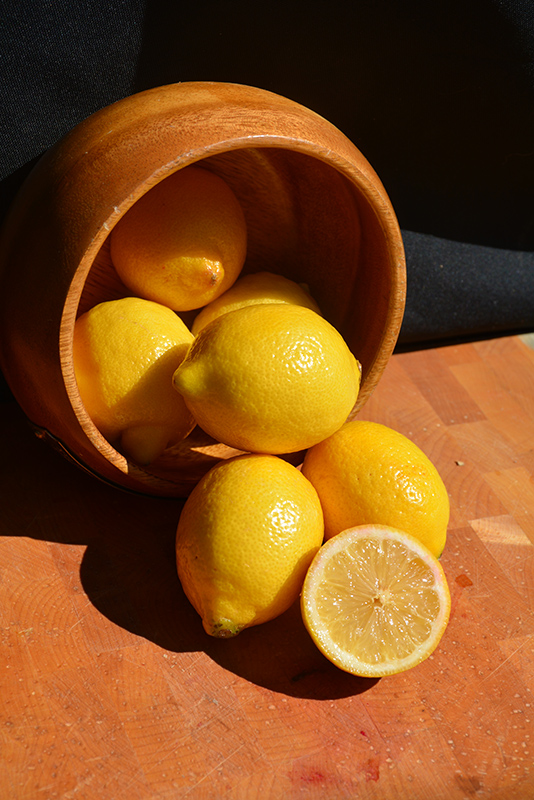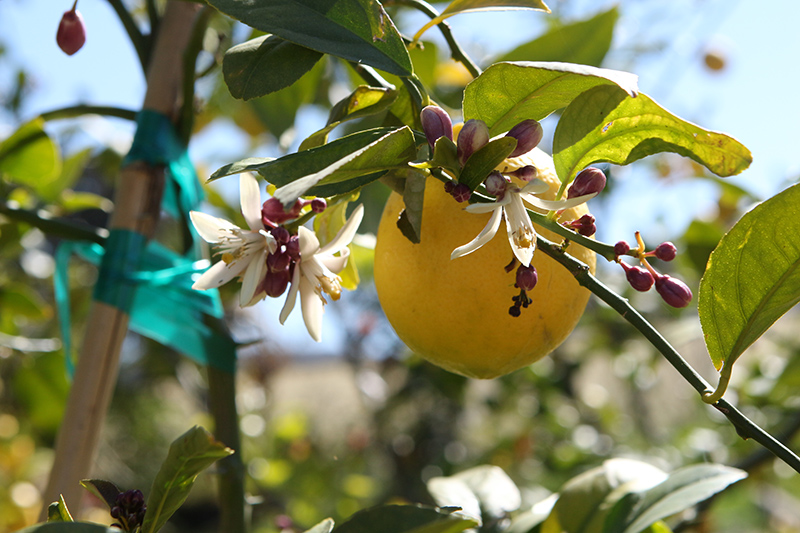-
About us
- Gift Cards
- Plant Library
-
Events & Services

SHOP ALL EVENTS & SERVICES >
Stylist Appointments
Make & Take Workshops
Private Plant Workshops for Groups
Corporate Planting Service
Commercial Landscaper Application
Spring Photo Sessions
Custom Arrangement Request
Plants & Pots-
Planters & Accessories
-
Garden Bulbs
- All Garden Bulbs
-
Seeds
- Potatoes
-
Perennials
-
Trees & Shrubs
- All Trees & Shrubs
-
Shrubs
- Sod
- Trees
- Fruit Trees
- Not available for online purchase

SHOP ALL PLANTS & POTS >
Planters & Accessories
Planters
Plant Accessories
House Plants
Citrus Trees
Seasonal
Trendy Tropicals
Succulents & Cacti
Potted Plants
Garden Bulbs
Bulbs
Seeds
Potatoes
Annuals
Herbs
Hanging Baskets
Custom Planters
Perennials
Shade
Shade-Ground Cover
Sun
Sun-Alpine
Vines
Trees & Shrubs
Evergreen
Shrubs
Sod
Trees
Fruit Trees
Not available for online purchase
Plant Care-
Plant Fertilizer
- All Plant Fertilizer
- Houseplant Fertilizer
-
Fertilizer for Perennials & Annuals
- Trees, Shrubs & Evergreens
-
Pest Control
-
Growing Supplies
-
Lawn Care
-
Bagged Soil, Rocks & More
- Beneficial Garden Insects
-
 Rick's Top Products
Rick's Top Products

SHOP ALL PLANT CARE >
Plant Fertilizer
Houseplant Fertilizer
Fertilizer for Perennials & Annuals
Trees, Shrubs & Evergreens
Pest Control
Rodent Control
Fungicides
Insects
Growing Supplies
Soil Meters & Testing
Lawn Care
Lawn Fertilizer & Seed
Weed Control
Sod
Bagged Soil, Rocks & More
Bagged Soil
Soil Amendments
Decorative Rocks
Tools
Gardening Gloves
Watering Tools
Gardening Tools
New Products
Beneficial Garden Insects
Rick's Top Products
Fashion-
Accessories
-
Tops
- All Tops
- Blazers
- Bodysuits
- T-Shirts & Shirts
-
Sweaters & Cardigans
- Tanks
- Bras & Bralettes
-
Bottoms
- Dresses
- Rompers & Jumpsuits
-
Outerwear
-
Loungewear
- Shoes

SHOP ALL FASHION >
Styled By Dutch
Alex's Picks
Western Inspired
Back to Basics
Stampede & Craven Fits
Accessories
Intimates
Hats
Hair Accessories
Jewelry
Handbags & Wallets
Tops
Blazers
Bodysuits
T-Shirts & Shirts
Sweaters & Cardigans
Tanks
Bras & Bralettes
Bottoms
Denim
Leggings
Shorts
Skirts
Pants
Dresses
Rompers & Jumpsuits
Outerwear
Coats & Jackets
Toques, Scarves & Gloves
SALE
50% OFF Select Outerwear
50% OFF Fashion
50% OFF Select Dresses
50% OFF Select Brunette The Label
Loungewear
Socks & Slippers
Sleepwear
Shoes
Home & Lifestyle-
Beauty & Wellness
-
Kitchen & Bar
-
BBQ & Accessories
-
Outdoor Living
-
Oils & Vinegars

SHOP ALL HOME & LIFESTYLE >
Home Decor
Stationery
Candles
Artificial Plants
Furniture
Glassware
Wall Decor
Lamps & Lighting
Tabletop Decor
Beauty & Wellness
Soaps & Lotions
Skincare Tools
Essential Oils & Diffusers
Kitchen & Bar
Dining
BBQ & Accessories
Grills
Grill Accessories
Pellets
Sauces
Spices & Seasonings
Food & Drink
Spices & Seasonings
Summer Drink Essentials
Food
Condiments
Dips & Toppings
Gift
Gadgets & Novelties
Travel
Outdoor Living
Garden Decor
Fountains & Statuary
Oils & Vinegars
Infused Oils
Balsamic Vinegars
SALE
50% OFF Home & Lifestyle
Baby & KidSHOP ALL BABY & KID >
Baby & Kid Accessories and Toys
Baby & Kid Apparel
Plant Library
Height: 10 feet
Spread: 12 feet
Sunlight:


Hardiness Zone: 8b
Other Names: Meyer's Lemon
Description:
Attractive foliage is displayed on this medium to large shrub, or small tree; fragrant flowers produce juicy lemons year-round; protect from frost; great container plant for the patio or indoors in colder climates
Edible Qualities
Meyer Lemon is a large shrub that is typically grown for its edible qualities. It produces yellow oval fruit with hints of orange which are usually ready for picking from early spring to late winter. The fruits have a tart taste and a juicy texture.
The fruit are most often used in the following ways:
- Cooking
- Preserves
- Sauces
Features & Attributes
Meyer Lemon features showy clusters of fragrant white star-shaped flowers with buttery yellow eyes at the ends of the branches from early spring to late winter. It has attractive dark green evergreen foliage. The glossy oval leaves are highly ornamental and remain dark green throughout the winter. It features an abundance of magnificent yellow berries with orange hints from early spring to late winter.
This is a multi-stemmed evergreen shrub with an upright spreading habit of growth. Its average texture blends into the landscape, but can be balanced by one or two finer or coarser trees or shrubs for an effective composition. This is a relatively low maintenance plant, and is best pruned in late winter once the threat of extreme cold has passed. It is a good choice for attracting birds, bees and butterflies to your yard. It has no significant negative characteristics.
Aside from its primary use as an edible, Meyer Lemon is sutiable for the following landscape applications;
- Accent
- Hedges/Screening
- Orchard/Edible Landscaping
- Container Planting
Planting & Growing
Meyer Lemon will grow to be about 10 feet tall at maturity, with a spread of 12 feet. It has a low canopy with a typical clearance of 2 feet from the ground, and is suitable for planting under power lines. It grows at a medium rate, and under ideal conditions can be expected to live for 50 years or more. This is a self-pollinating variety, so it doesn't require a second plant nearby to set fruit.
This plant is typically grown in a designated edibles garden. It does best in full sun to partial shade. It does best in average to evenly moist conditions, but will not tolerate standing water. It is very fussy about its soil conditions and must have rich, acidic soils to ensure success, and is subject to chlorosis (yellowing) of the foliage in alkaline soils. It is somewhat tolerant of urban pollution. This particular variety is an interspecific hybrid.
Meyer Lemon is a good choice for the edible garden, but it is also well-suited for use in outdoor pots and containers. Its large size and upright habit of growth lend it for use as a solitary accent, or in a composition surrounded by smaller plants around the base and those that spill over the edges. It is even sizeable enough that it can be grown alone in a suitable container. Note that when grown in a container, it may not perform exactly as indicated on the tag - this is to be expected. Also note that when growing plants in outdoor containers and baskets, they may require more frequent waterings than they would in the yard or garden. Be aware that in our climate, most plants cannot be expected to survive the winter if left in containers outdoors, and this plant is no exception. Contact our experts for more information on how to protect it over the winter months.
Gardener's Challenge Plant Regular Warranty Does Not Apply



 Characteristics
Characteristics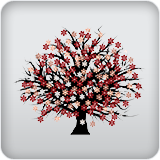


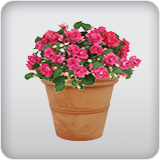 Applications
Applications

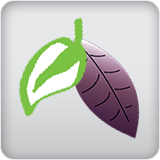
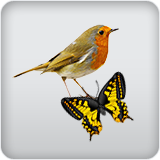 Features & Attributes
Features & AttributesA NetPS Plant Finder tool
Secure PaymentComplies with all major credit cardsEstablished in 1953Local & Family OwnedEasy Returns & ExchangesUp to 30 days from purchase

 Stylist Appointments
Stylist Appointments
 Make & Take Workshops
Make & Take Workshops
 Private Plant Workshops for Groups
Private Plant Workshops for Groups
 Corporate Planting Service
Corporate Planting Service
 Commercial Landscaper Application
Commercial Landscaper Application
 All Jewelry
All Jewelry
 Handbags & Wallets
Handbags & Wallets
 Summer Drink Essentials
Summer Drink Essentials
 All Oils & Vinegars
All Oils & Vinegars
